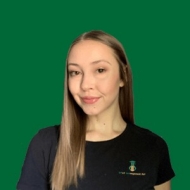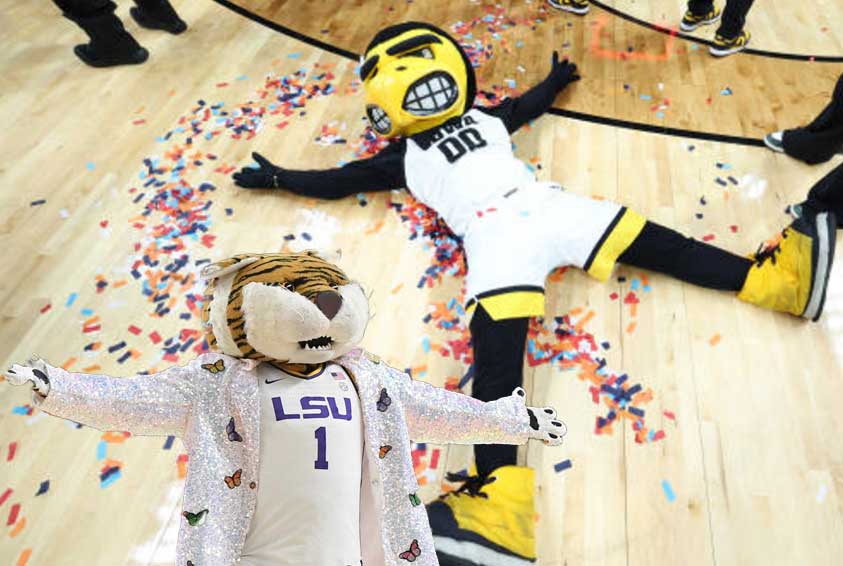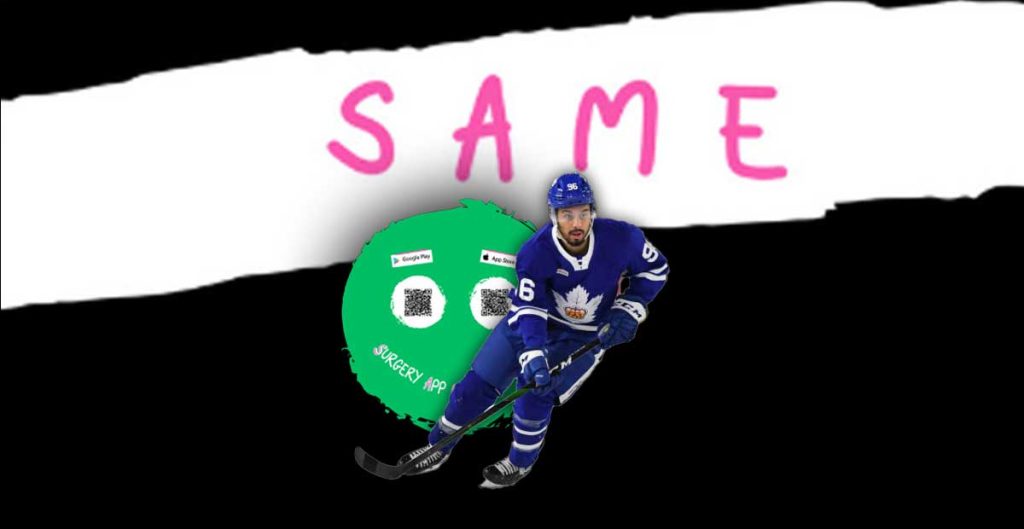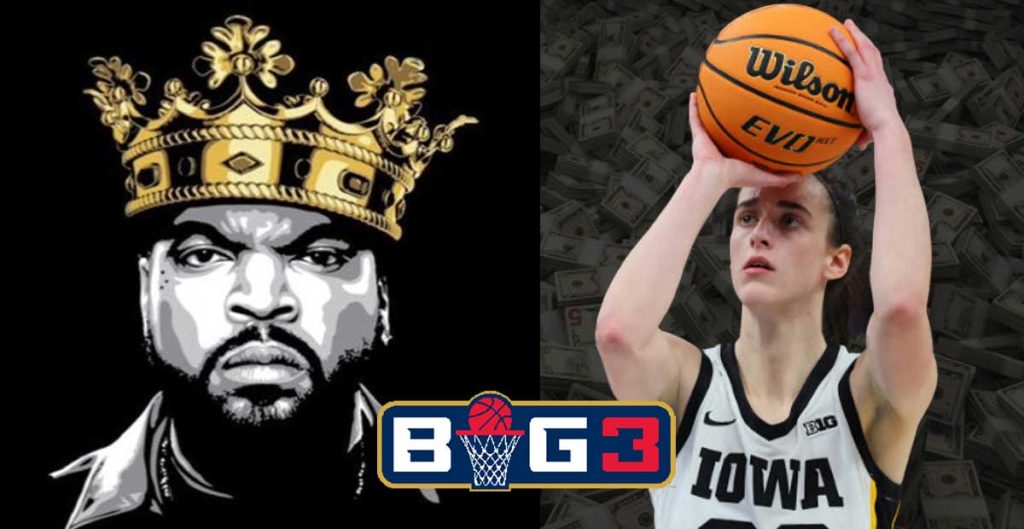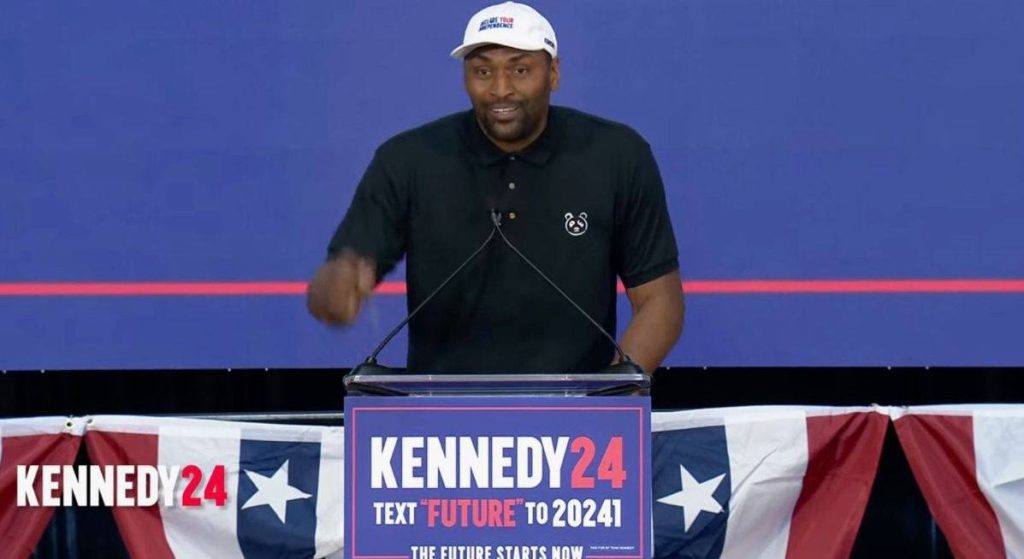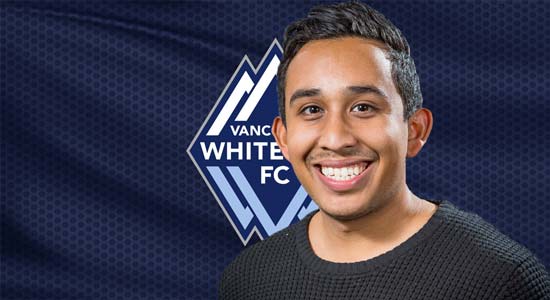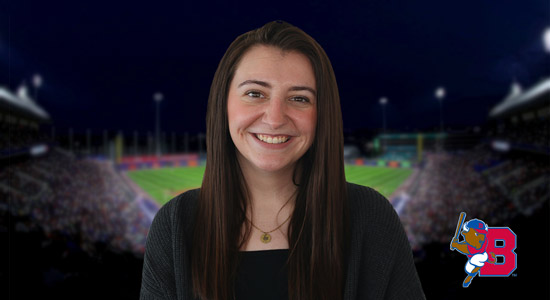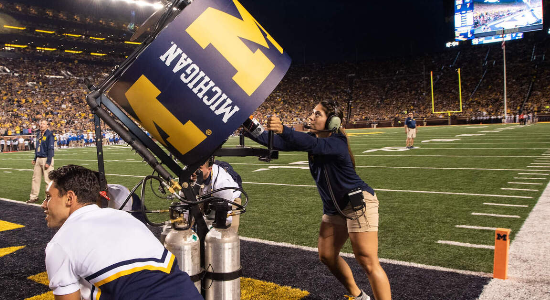
A Great Game Day Presentation Depends On The Details Says University of Michigan’s Jaclyn Crummey
Jaclyn Crummey | Assistant Director, Game Presentation & Fan Experience | The University of Michigan

It takes the coordination of many departments to pull an event together, so to execute successfully, the details matter.
Jaclyn Crummey
Assistant Director, Game Presentation & Fan Experience
The University of Michigan
Tell us about your role as the Assistant Director, Game Presentation & Fan Experience of the The University of Michigan.
I have been in this role for roughly four years now, with this fall starting my 5th academic year with our game presentation team. In a nutshell, we play a large role in how our fans, students, and student-athletes experience gamedays at Michigan. Currently, I work with field hockey, volleyball, wrestling and softball, and run all on-field programming for football in conjunction with our full team. For each sport, this entails creating season-long promotion plans, managing sports budgets, producing scripts and timing sheets, in-game promotions, giveaways, music, videoboard content, graphics, video shoots with the teams, etc.
Every experience a fan has once they walk into our venue is our responsibility – What they see, hear, and feel – and it’s our job to create those memorable moments that’ll have them wanting to come back. Although that is a large piece of my role, I also handle our fan experience internship program and most of our student engagement components that come from Athletics.
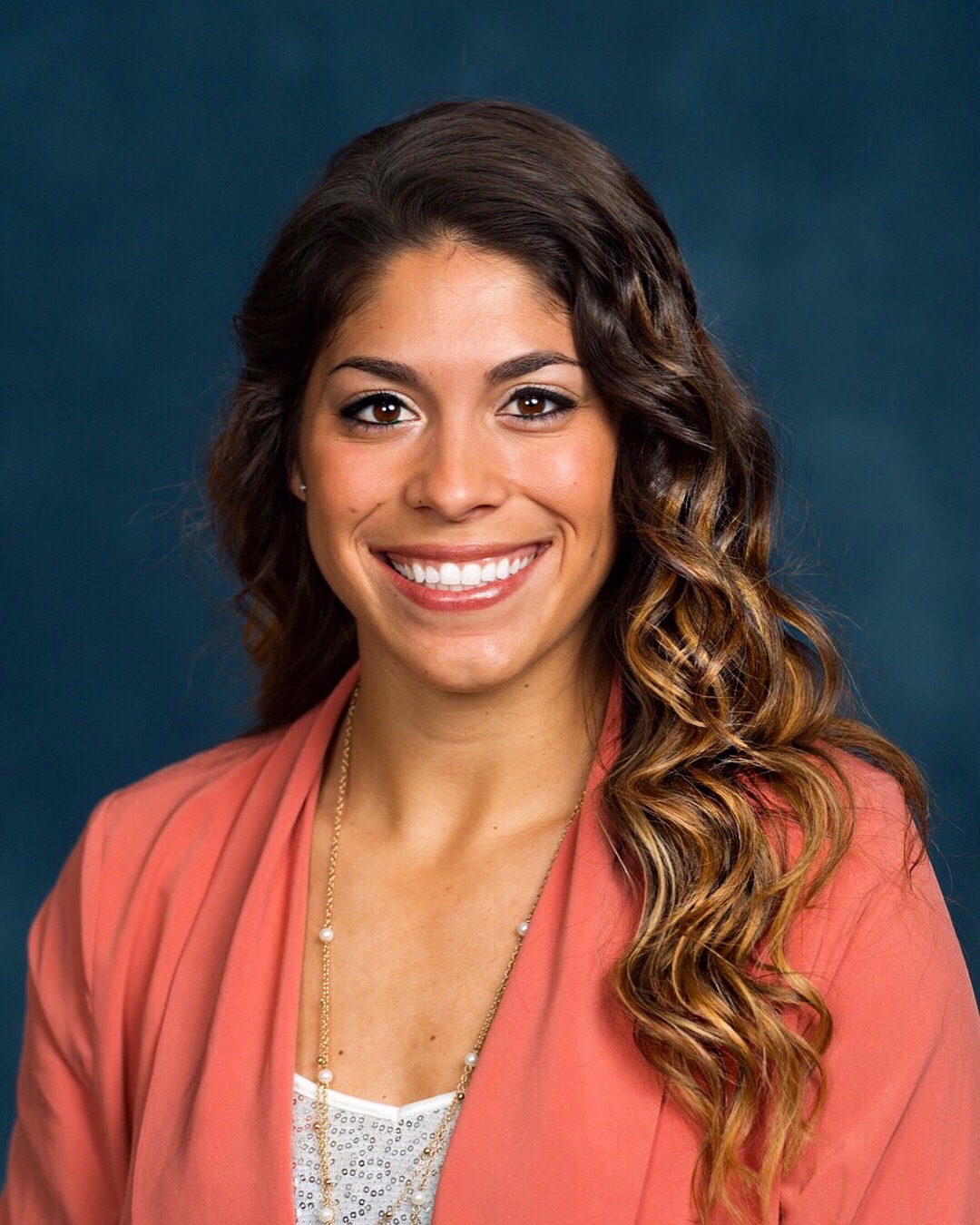
What does a typical day look like for you?
A typical day in sports, especially working on the event side, is anything but consistent. Do we have an event this week? Multiple? Any big set-up needs at a venue? Are we preparing for the seasons coming up next? Any student emails that need to go out? There are many questions that help form what the week and individual days are going to look like, and we try to plan ahead as much as possible.
Some examples of tasks are here below – A ‘typical day’ can be any combination of these tasks (And I’m sure I missed a few):
- In the office: Answer emails, create scripts, communicate event plans (scripts, timing sheets, set-up notes) to the internal team, coordinate in-game entertainment, design and build out student emails for the week, create and upload videoboard content, update music folders and edit new cuts, work on internship upcoming events or education sessions, create social media content, order giveaways, attend meetings, assist with department events outside of gamedays, meet with coaching staffs, organize storage, benchmark other programs, build out upcoming sport promotion schedules, etc.
- Gameday: Arrive at the venue 3+ hours prior to doors opening, set up the venue, move giveaways to the concourse/storage, set up signage, test video board and audio inside the bowl, set-up spotlights, prepare with the DJ (sometimes you are the DJ), roll t-shirts for tosses, deliver scripts to the production team, prep interns on event needs, run the event for 2-3 hours, breakdown everything originally set-up, clear the concourse of boxes/trash, etc.
We do a variety of different things and the combination depends on what the priorities of the week may be.
While working in game presentation, how have you been able to manage the stress of meeting deadlines and what are some tips you would have for young professionals starting in similar positions?
I won’t lie – when I first began in this field, it definitely was overwhelming. Between the long hours and high level of work, it’s very easy to become stressed. The more I’ve learned my craft, I’ve reached a comfort level and trust with myself and my team and know exactly how much time I need to complete each task. In no particular order, here are a few things:
- Figure out what your ‘system’ or ‘workflow’ is so you can easily stay on top of your sports, invoices, scripts, plan for your week, etc. The volume and pace of the work we do makes it very easy to get behind or lose track of things.
- Always Work Ahead: Again, the work moves quickly, and on top of that, we often get thrown a lot of curveballs (i.e., the event date/time is changing due to weather; an unexpected project needs to be done ASAP). Don’t wait until the last minute, especially to plan your events. Events take a lot of coordination between many departments – the sooner you can share your plans, the more likely it will be executed correctly. Allow time for questions.
- Stay Organized. As simple as how you save your documents, do so in a way that you know exactly where to find things. It’s easy to get lost in the chaos, especially when you have overlapping sports and projects going on. Often, you’ll reference your past work to see how you can improve it for the following year – make sure things are easy to find when you need it.
Separate from managing stress, a general tip as young professionals are starting their careers – Take whatever role you are given and be the best at it. People will notice. Your network in the sports industry has a huge influence on your future opportunities, so give them something good to say about you. Are you eager and willing to do what it takes? Do you take advantage of opportunities to learn and improve? Do you add value to the team? Prove through your work that you are who you say you are.
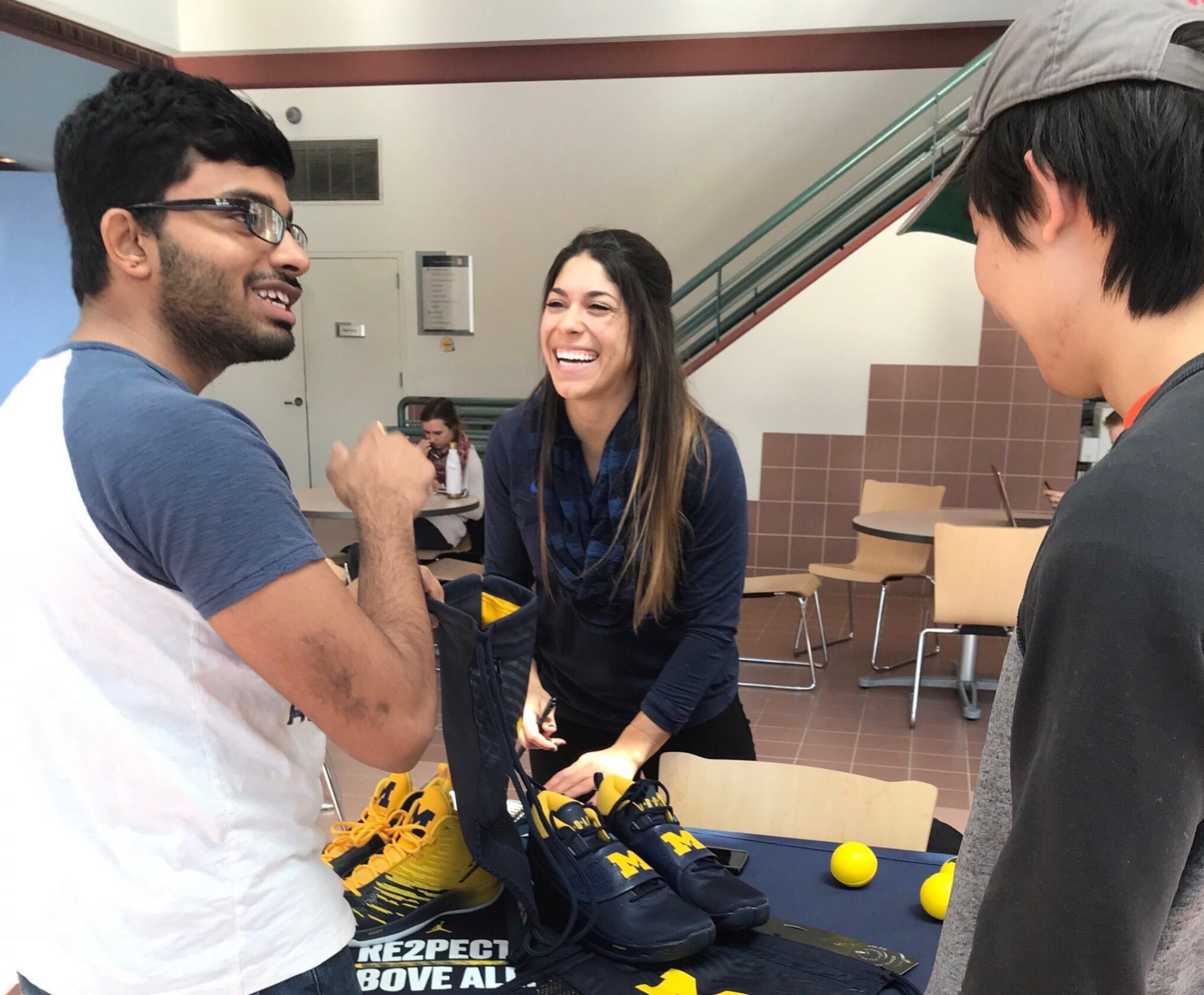
What communication skills are most important in your role as a game presentation professional, specifically through the creation of student-engaging content? How did you acquire these skills?
Communication is the pinnacle of making anything go. It’s important that all instructions that we share are clear and concise the first time around, and if it requires further coordination, set-up meetings with your teams so that plans can be talked through in detail. Whether we’re planning with our event management and facility teams, our interns for in-game promotions or outside vendors, the level of detail that everything is planned and communicated is essential.
One tip: Never assume people know what to do – Explain things as if no one has done it before to eliminate room for error.
Overall, my communication and preparation skills are areas I’ve grown in overtime, and I’d 100% credit this to the individuals I’ve had the opportunity to work under. During my first year at Michigan, learning the level of preparation and detail executed by my director was eye-opening, and I’ve been able to apply his approach to my own work.
In terms of communicating specifically with students, especially in today’s world of social media, memes, and TikTok, it’s all about staying relevant and fresh. Often, we’ll tap into our student interns for insights, but a lot of our time is spent on social platforms to track what’s trending and figure out ways we can make new content fit into our Michigan brand. We’ve learned students respond better to images vs. text, so we reflect that in our email communications. It’s all about taking our information and putting it into their language. Short, concise, and visually engaging. Think about a post on Instagram. You engage with the photo and will read the post if it’s short. Ever see someone write a novel and decide you’d rather keep scrolling than read it?
Today’s generation is trained to absorb information quickly, so it’s our job to match that criteria as best as possible.

Being the primary contact for a variety of sports such as Wrestling, Field Hockey, Volleyball and Softball, how does each sport differ in game presentation?
They differ A LOT, and that’s one of my favorite parts of the job. The vibe of each program, coaching staff and their fan base are unique, so I get to exercise a lot of personalities in our promotions within a year. When mapping out a promotion schedule, it’s all about finding what fits the style of the team. What type of energy does your team create? Are they outgoing and interactive? Are they pedal-to-the-metal tough? It’s important to create the environment that they enjoy competing in and showcase them the way they want to be known.
Looking at volleyball vs. wrestling, they emulate very different styles. Volleyball is very high-energy and bubbly, with a lot of upbeat music and interactive pieces that showcase the girls’ personalities. Wrestling, although they are an interactive group as well, the style is more rough, rugged, and rock ‘n roll to match the spirit of the sport. Beyond this, you then have to look at the venue and execution of the sport. How are intros handled? Do they have a videoboard? Does their sport have many/no breaks to allow for entertainment? Are they indoor vs. outdoor? Is the sport heavily attended? Is there a student presence? There are plenty of factors that shape how you approach each season, but the ultimate goal is to match the vibe. Discover and/or create promotions and themes that fit your team.
The event management side of the sports industry gets stereotyped for attracting detail-oriented individuals. Talk about this stereotype and if you’d characterize yourself this way.
“It is no stereotype – it is 100% true.”
As I mentioned earlier, it takes the coordination of many departments to pull an event together, so to execute successfully, the details matter. From the time the doors are opening, music starting, the teams coming out to the field, everything is scripted down to the second. It is our goal to be as flawless as possible so that we can put on a great show. This takes an immense amount of planning and preparation, and sometimes, rehearsals to nail it. In terms of pre-event prep and communication, I try to approach it in a way that if for some reason I could no longer attend gameday, my team would be prepared to step in and know exactly what to do without me being there. The details matter.
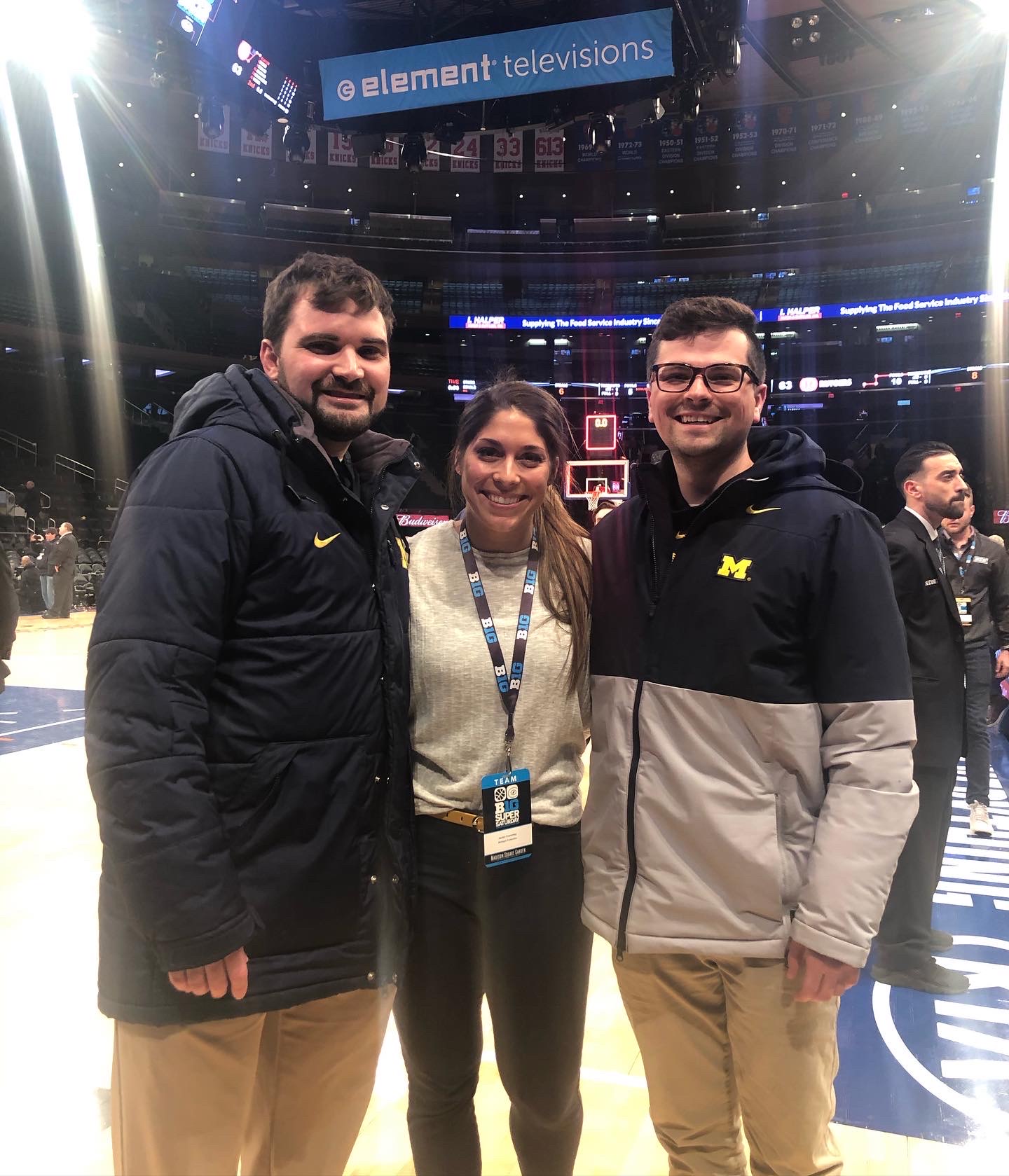
What are the most rewarding and the most challenging aspects of your role?
It’s hard to nail down what the most rewarding part is as there are so many. Executing an event and creating an incredible atmosphere after how much work goes into it is rewarding in itself. It’s a role where you get to see your work come to life first-hand, and when done successfully, you get to walk out of a venue and say ‘I did that.’ It’s also incredible to play such a role in how our student-athletes and fans experience Michigan. We are creating those moments that people latch onto and keep them coming back for more. Maybe a fan made it onto the videoboard, maybe they caught a t-shirt from the cannon, maybe we play the perfect song after a student-athlete hits a home run and the team goes wild – whatever the scenario, we continually create special moments for all which makes the work special.
Most challenging? It’s constant. Sports never sleep and when one season comes to an end, you’re starting the next. “Can’t, I’m working” will become your most used phrase and unfortunately, you have to miss out on some of the ‘normal life’ things. As you’ll hear anywhere, working in the sports industry is definitely a grind – It’s high-volume, fast-paced, high stakes. But if you’re up for the challenge, I personally feel the benefits outweigh the sacrifice.
What would you say are the top 5 biggest moments or accomplishments in your sport management career?
There are SO many, and I’m sure I’m forgetting some that could top these, but in no particular order:
- (UM) Calling my first event – When you first get started in the field, it’s often that you work with programs that have a bit less of a production to help ease you in. One of my first sports was wrestling. We were competing mostly at Cliff Keen Arena, where there wasn’t much beyond a short light program, a halftime activity, and music throughout the event. As simple as this was, being in control for the first time and being trusted to handle it was a huge step to start my career.
- (UM) Hosting my largest crowd – In my 2nd year, wrestling had begun starting to compete at the Crisler Center (basketball arena) for a couple of their larger match-ups. We were set to host Ohio State which was not only a huge rivalry but also a very successful program. In combination with the excitement and marketing/ticketing efforts, the attendance surpassed 8,300 fans, our highest attended match in wrestling program history. Calling this event was a huge milestone as it was the largest crowd and venue I had worked with and the atmosphere was next-level.
- (UM) Theme Nights – Not necessarily a specific moment, but a growth period if you will. Creating theme nights is a fun piece of what we do, especially when you really nail it. It took me a while to really grasp how in-depth you can go, and be comfortable doing so. By my third year, I began branching out and really fulfilling my own concepts. Some of my favorites thus far are Volleyball – “Vollapalooza”, Wrestling – “Queen Night”, Volleyball – “Friends” Day, Wrestling – “Wrestle & Roll.” From the music, videoboard graphics, interactive pieces, giveaways, designs, everything, I had a moment of “Hey, I’m really getting this,” and finding that confidence was key.
- Super Saturday at MSG – Just this past year, our wrestling and men’s basketball team competed against Rutgers at Madison Square Garden. These events were hosted as “home” events, so we incorporated as much of our material and regular script as possible. I was given the opportunity to travel with the teams and work with the MSG production crew, and specifically, Damian Santucci, who has produced events as large as the NYC NYE ball drop. With him never producing an individual wrestling event before, I was actually able to provide a lot of input on how to run the event which was really cool.
- Completing my Master’s program in Sports Administration. Up until this point, my education hadn’t actually been focused in the sports industry – I was a psychology major and some of my first positions after college were related to performance science. It was a proud moment to finish the program and have this education in my pocket for future opportunities.
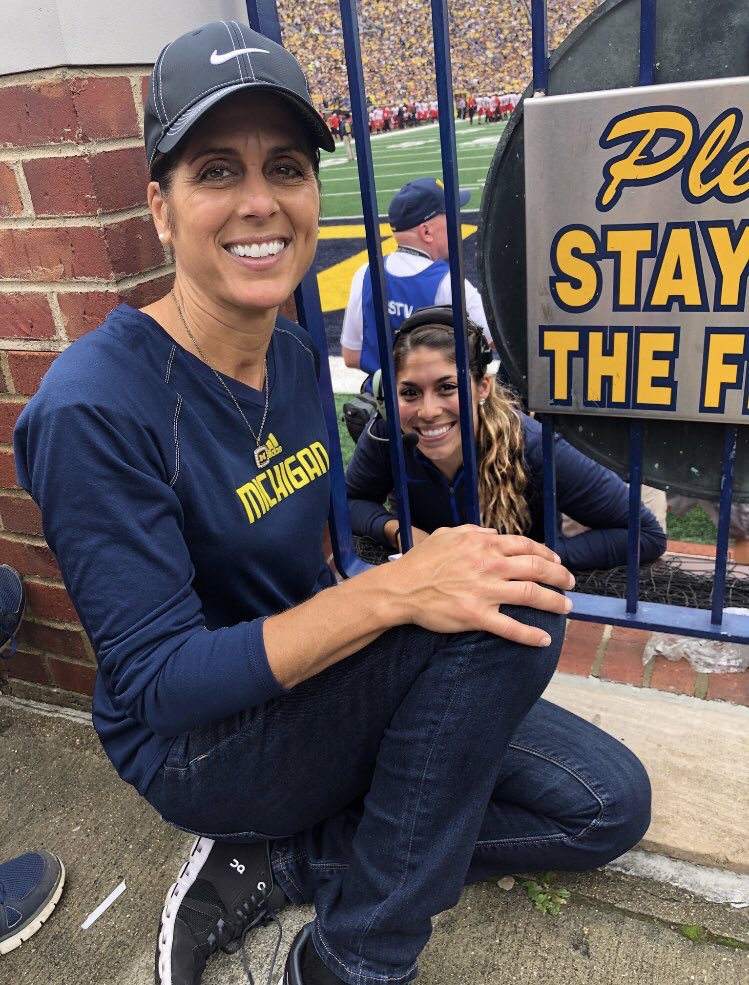
[get_current_post_author_pic_and_name]
Jaclyn’s role as the Assistant Director of Game Presentation and Fan Experience for the University of Michigan entails various collegiate sports, tasks and challenges. Above all else, she makes it look easy. As mentioned by Jaclyn, communication is the pinnacle of a great event. She considers the details, both major and minor, to ensure each and every UM event is as great as the last. What I loved about interviewing Jaclyn were her raw and real responses. Working in events isn’t as glamourous as it may seem. At the beginning of her career, Jaclyn even found the sports industry quite overwhelming! Over the years, she perfected her craft and is now calling events for the powerhouse that is the University of Michigan. Indeed, game presentation is hectic but it can also be quite rewarding. Getting to hear from Jaclyn about just that was an amazing experience, lending advice to any interested in a similar role.
The Latest

